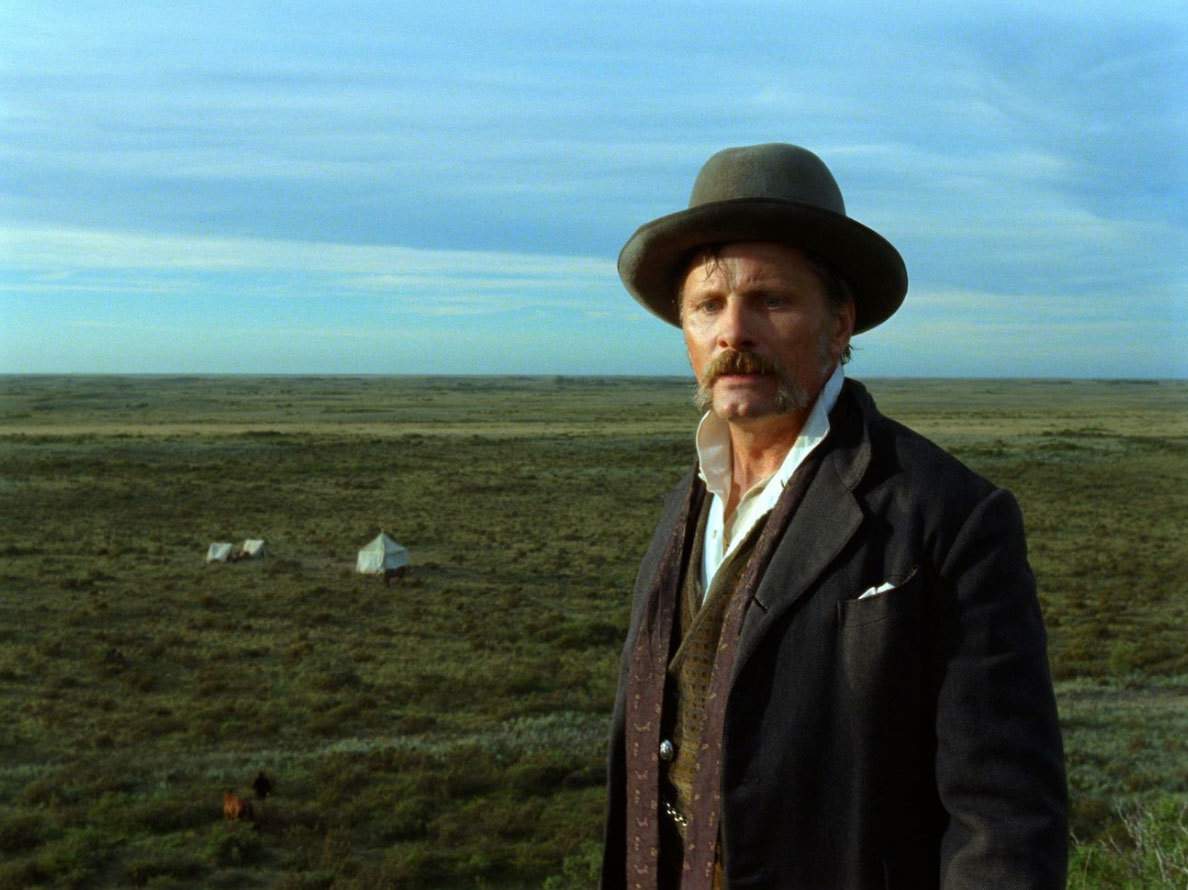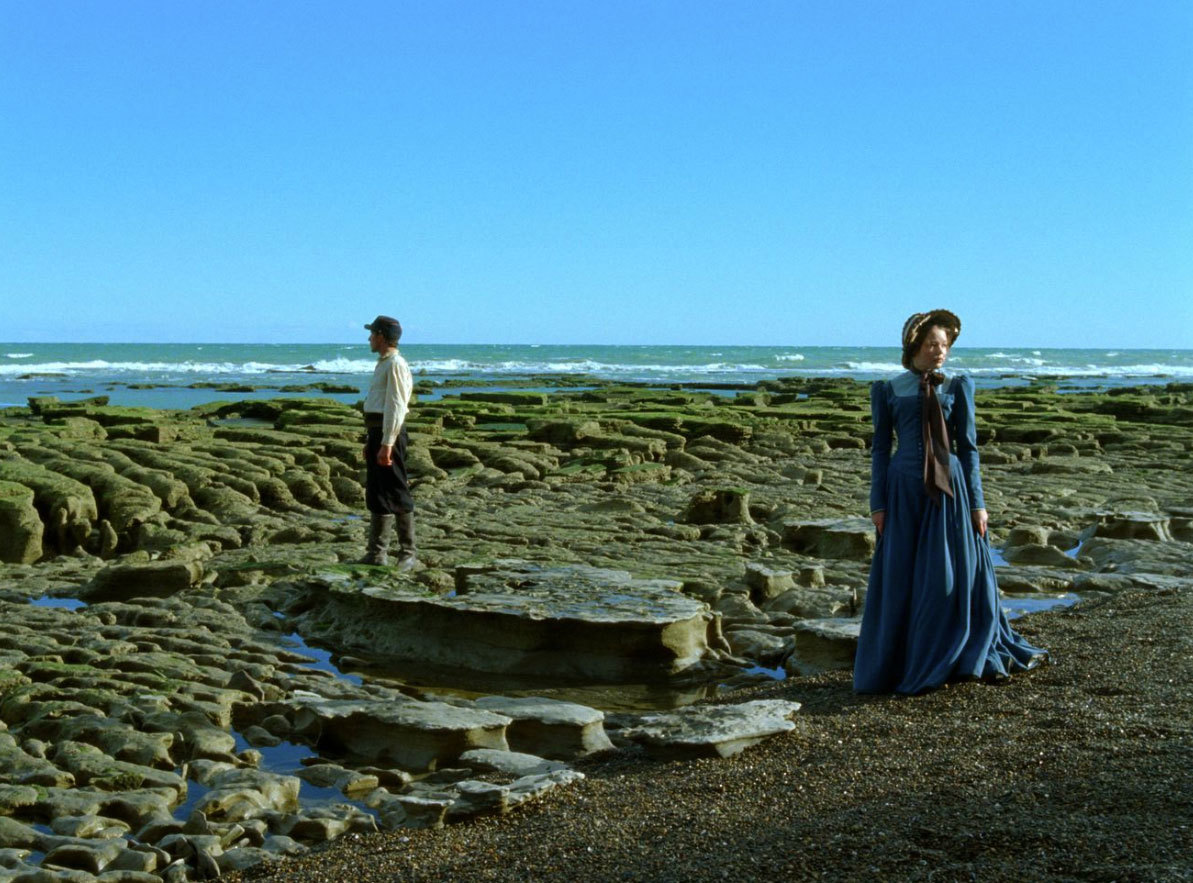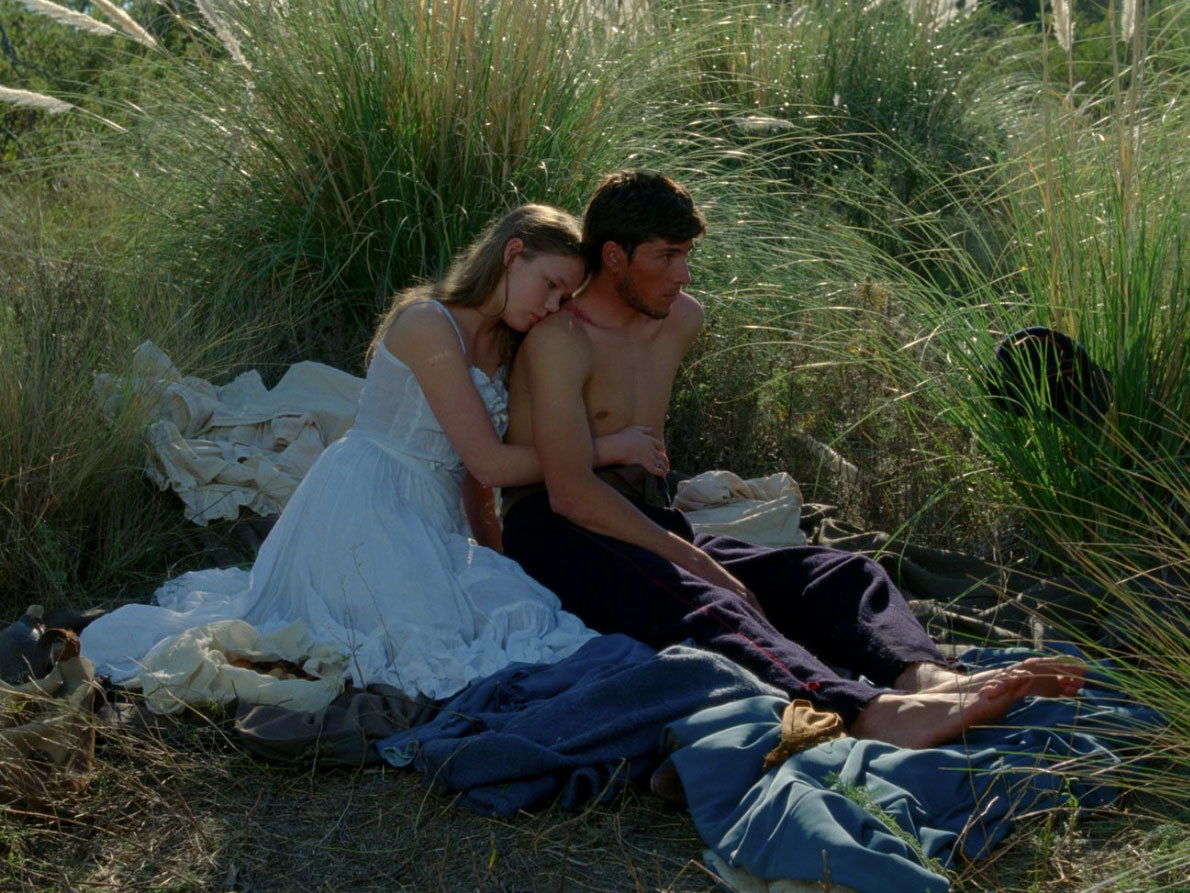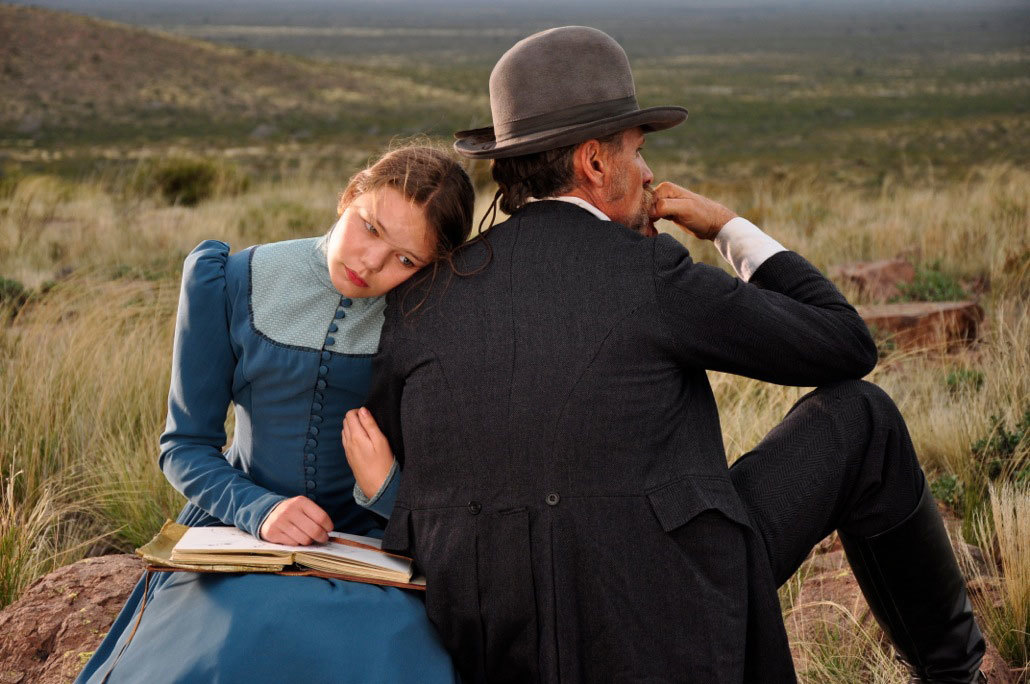Rising to fame as Aragorn, the rugged lone ranger of the North in Lord of the Rings, but never cashing in on his celebrity status, Viggo Mortensen has continued to choose the characters he plays for their story rather than their blockbuster status. In Danish movie Jauja (pronounced how-huh), his stance as a lone ranger isn’t so different. The surreal tale of a father in search of his runaway 15-year-old daughter in the pampas of Patagonia in the 19th century, Jauja conjures up images of hazy daydreams and classic Westerns. The word itself is of Arabic origin and translates roughly as “Neverland”, meaning something along the lines of a paradise that you can never quite reach. This is a film that particularly appealed to the 56-year-old actor who – although born in New York – grew up in Argentina with an American mother and a Danish father. Directed by Lisandro Alonso, and co-written by Alonso and the Argentinean poet Fabian Casas, Jauja is a dreamlike story with a mystifying ending that leaves you wondering what it all meant anyway.

What attracted you to the script?
It was a classic adventure story, as Lisandro Alonso and Fabián Casas described it to me initially. The kind of story I might like to be part of exploring. That fact together with what I knew about Lisandro´s sense of rhythm, his unique treatment of landscapes and people within landscapes, convinced me that I was being presented with the ingredients for a very special movie.
What attracted you to the character of Gunnar Dinesen?
His stoicism, his love for his daughter, and his endearing but ultimately self-destructive insistence on doing things the way he always had regardless of how circumstances and locations might change. The limitations of his Danish 19th century upbringing and military experience provide him with intriguingly quixotic character traits.
What made you want to get involved as producer and co-composer as well as taking on the lead role?
As with the two other movie productions I have participated in as a producer, Everyone Has A Plan and Far From Men, I wanted to have the legal right to do what I always try to do as an actor: support the directors vision and stated intentions from start to finish. This includes doing all I can to ensure he or she is able to cast, shoot, edit and present the movie exactly as they want to.
The rolling landscapes are beautiful, where was it all filmed?
In Denmark, in Northern and Southern Patagonia, and also in the desolate Western La Pampa region.

The cinematography is very stylised, what was the thinking behind it?
The choice of Timo Salminen and his precise, intentionally artificial lighting and unusual composition choices gave Lisandro’s naturalistic painterly style a very welcome twist for Jauja. From the very first frame, there is something too perfect, too severe in the lighting that invites the audience into a sort of dream state, into the first of many overlapping dreams. Timo’s approach was perfectly attuned to Lisandro’s sense of timing and editing style.
Do you prefer working on independent films or blockbusters?
I have no preference whatsoever in regard to budget, or in terms of nationality, language, or location. Stories that have a chance to become movies I would like to go see on-screen are what I look for and hope to find – or hope they find me, as happened with Jauja.
What is Jauja? Is it a place? A state of mind?
It is a place and a state of mind that always remains just out of reach. It is an ideal of contentment, peace, perfection in all ways. It is what we regret having lost and what we hope to find.
Was it all a dream?
Are you a dream? Am I dreaming you or your questions? Are you dreaming me?

Why do films with open endings appeal to you?
Because they allow audiences to think for themselves, to ask the key question that arises when, in my opinion, a movie story has been told successfully: “now what?”
The best directors, including David Cronenberg and Lisandro Alonso, manage this not only because they are skilled technically and good at telling a story on film, but also because they are happy to provoke questions without feeling a need to give direct answers. This discrete approach, I feel, ultimately respects the audience member and allows the movie to live on and grow uniquely in his or her imagination.
What are you working on at the moment?
I am finishing promotion of Jauja and Far From Men, preparing to promote a movie called Captain Fantastic, editing books for Perceval Press, writing, giving poetry readings, spending as much time as I can with family, and playing the piano when I can.
Credits
Text Felicity Kinsella
